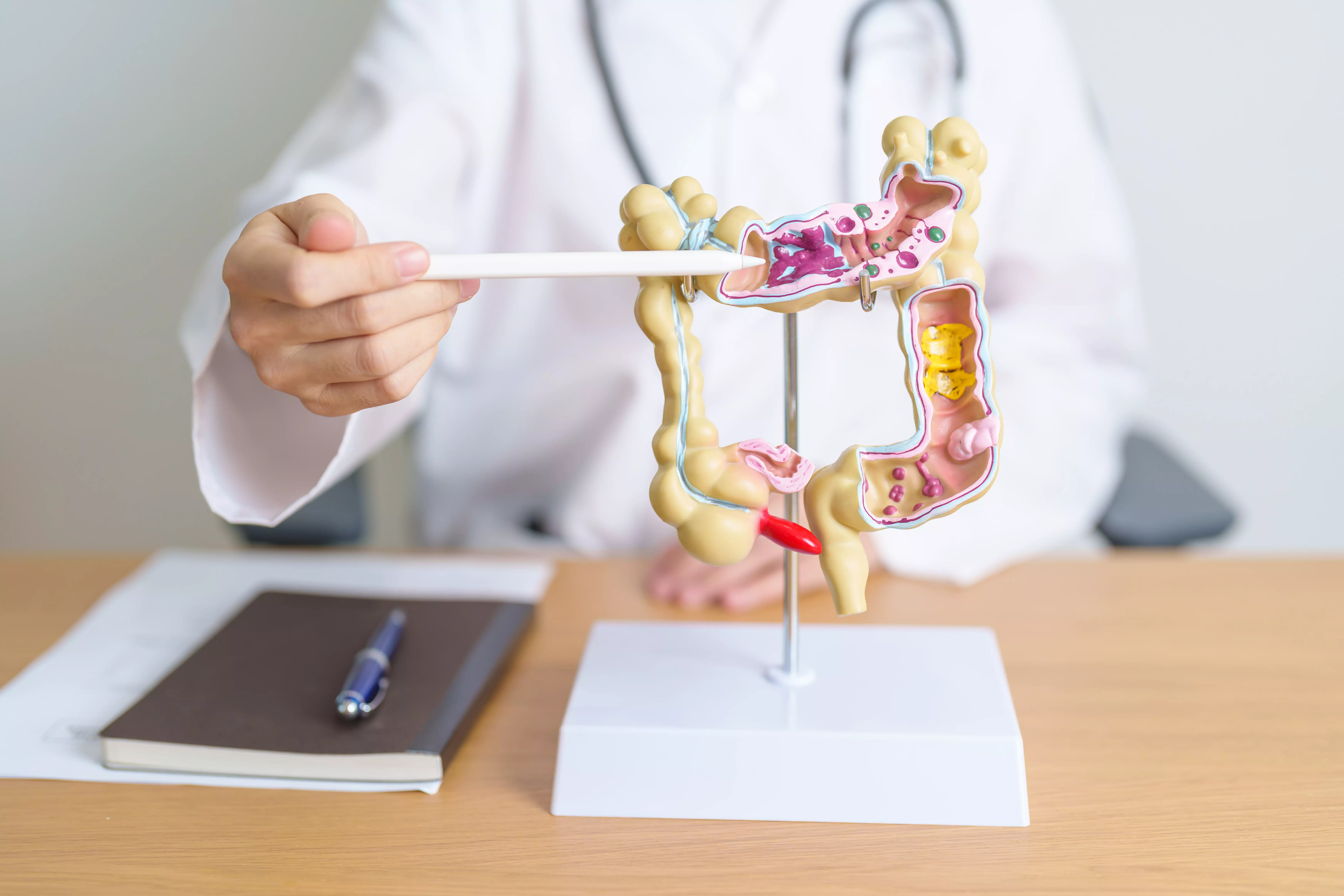Colorectal cancer prevention programs in New York City
Introduction to colorectal cancer prevention
Colorectal cancer is one of the most common cancers among adults. In New York, prevention programs play a key role in detecting and preventing the disease. Through a variety of health initiatives, state residents have access to comprehensive care and information that can save lives.
The importance of early detection
Early detection of colorectal cancer can significantly increase the chances of successful treatment. Regular screening is crucial because many people experience no symptoms in the early stages of the disease. Therefore, screening programs are absolutely essential to identify patients who may be at risk.
Types of screening tests
Several screening methods are available for early detection of colorectal cancer in New York. These include:
Colonoscopy - this is the most common procedure, which allows doctors to view the inside of the colon and remove any polyps.Stool occult blood tests - these tests detect the presence of blood, which can be a sign of cancer.Sigmoidoscopy - a less invasive procedure that only examines part of the colon, but can also provide valuable information.
Programs and initiatives in New York
There are many programs in New York that offer free or low-cost screening. Examples include:
Programs for low-income individuals - provide financial support for people who cannot afford screening.Educational initiatives - aim to raise awareness about colorectal cancer risk and the importance of screening. Non-profit organizations conduct awareness campaigns in different parts of the city.Mobile programs - offer screening in different locations, making it easier to access health services.The role of the community and local support
Community support is key in the fight against colorectal cancer. Local organizations not only provide screenings, but also organize workshops and meetings to help develop skills related to taking care of one's health. By working with doctors and specialists, residents are better informed about diagnostic and treatment options.
Diet and lifestyle as part of prevention
In addition to screening, a healthy lifestyle is a key component of colorectal cancer prevention. A balanced diet rich in fiber, regular physical activity and avoidance of stimulants can significantly reduce the risk of the disease.
The future of prevention programs in New York
As technology and research advances, colorectal cancer prevention programs in New York City are poised for further growth. Investments in new diagnostic methods, as well as further education of the public, can contribute to even better public health outcomes. The availability of innovative methods and support for clinical trials are just some of the directions that can and should be taken in the future.
Summary
Colorectal cancer is a serious health risk, but with the right prevention and screening programs, its risk can be significantly reduced. New Yorkers have many resources at their disposal to help them take charge of their health. Both access to information and active participation in health programs are key, which together create a strong front in the fight against this disease.
It pays to be aware of your health and take regular advantage of the screenings offered to effectively protect yourself from colorectal cancer.
